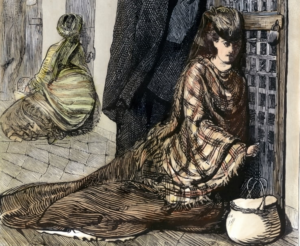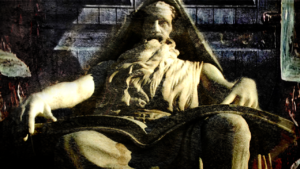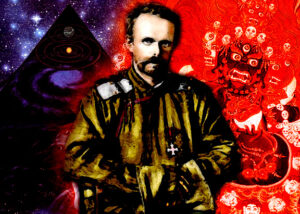Modern Narrative as Cryptic Warfare
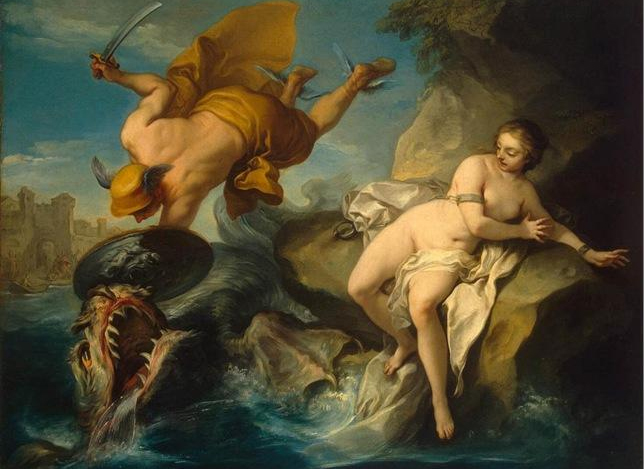
As I read about the hero archetype in The Writer’s Journey by Christopher Vogler, 3rd ed., the author’s commentary on modern heroes got me thinking. While he spoke highly of the modern hero and endorsed it, I made a very different evaluation.
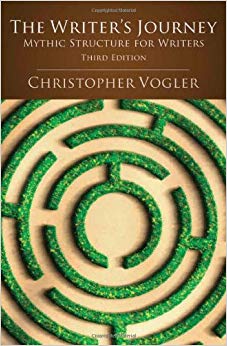
Modern (post-Enlightenment) literature’s predominant preoccupation with narratives wherein order is restored and brokenness and loss are resolved through the Hero overcoming a fault, shortcoming, or some condition of personality rather than, as in the traditional folktale, mending a brokenness or loss of the external world of which one is a part, such as a death in the family or clan, is indicative of modernity’s neurosis of trying to contrive an orthodoxy of liberalism, is indicative of its preoccupation with the atomized individual, and is a tacit admission that the liberal ideology breeds mental dissociation, dissonance, and alienation (separateness from the world).
Modern narrative thus serves to reinforce this neurosis by idealizing and sacralizing the individual’s lack of identity and consequent journey for personal meaning or happiness outside of traditional community. Thus we see the heroization of runaway youths and the idealization of wavering passions, leaving the viewer in existential vertigo and a starry-eyed, childlike wish to pursue mere happiness, guaranteeing thereby the unhappiness of the consumer audience (to desire happiness is to be unhappy) and their dependence on this self-contradicting cult of rootlessness for their identity.
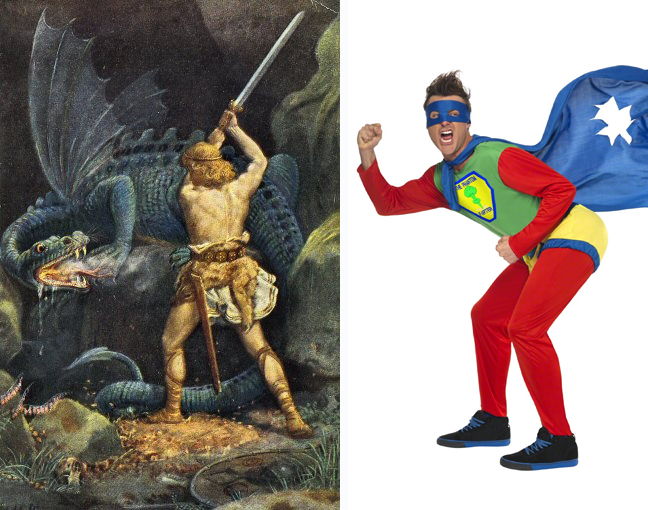
All modern heroes are, essentially, low-class anti-heroes and perverters. The classical tragic hero who meets their folly in the end due to fate or error is almost entirely absent from modern literature. We are not given negative exemplars to learn and be rectified from, only insubstantial villains who, being villains, do not invite us to go on a sympathetic journey with them and consider their folly when the journey ends in tragedy. (Look to Boomers to see what a world full of comedies creates, and look to Millennials to see how depression is created by these narratives of individual positivity.) Rather, we are led to admire degenerate anti-heroes who sometimes succeed, as in Bad Santa, and sometimes fail, as in Scarface. But, where they fail, we do not learn from them but rather are led to revel in the absurdity of life and admire the anti-hero’s audacious defiance and free-spirited rebellion in the face of this absurdity; liberalism is presented as divine sacrifice, and natural life is deconstructed and demonized as a perennial obstacle to one’s divine liberty.
To free oneself from life: self-destruction! This is the ideal of liberalism–folly and suicide–, and Milton’s Satan presaged this before it swept us up entirely. And yet, Milton could not see that it was Yahweh who first exalted the self above the Good.
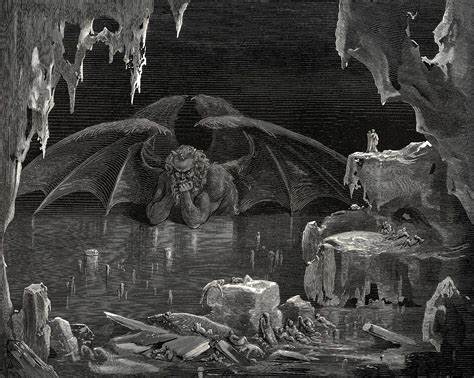
To the comprehending, it is no exaggeration to say that the whole evil Machine promotes our self-destruction just as much in its seemingly innocuous tales of personality struggle like Pretty Woman as it does in its explicit rock songs targeting white males with messages of suicide and alienation, women with whoredom, and the black community with egoism and dysfunction.
While the modern world may escape its illusionment by the newsmedia, it will, for quite some time after its collapse, be held captive by the story-telling puppeteers who gave it its founding mythos.









